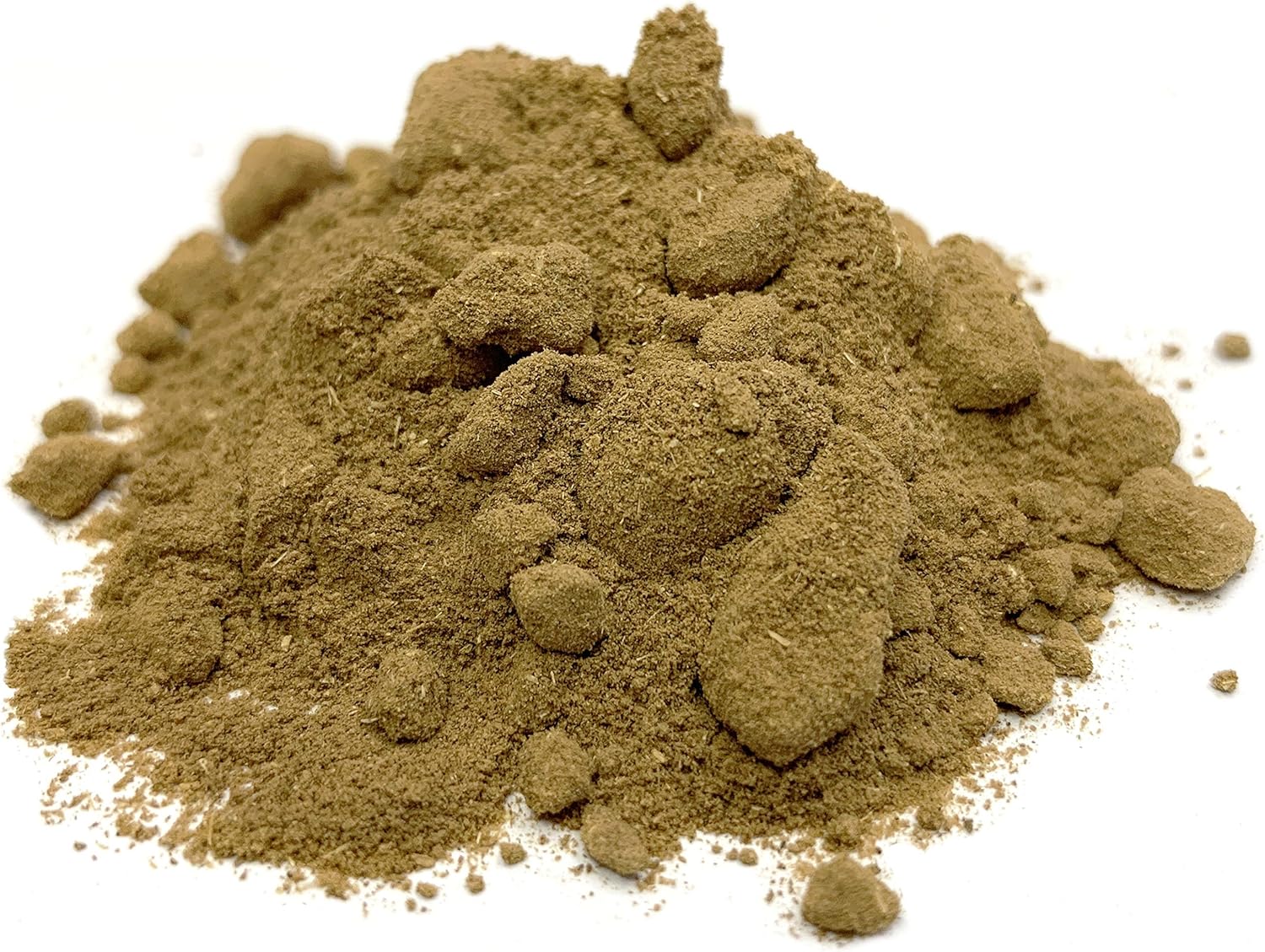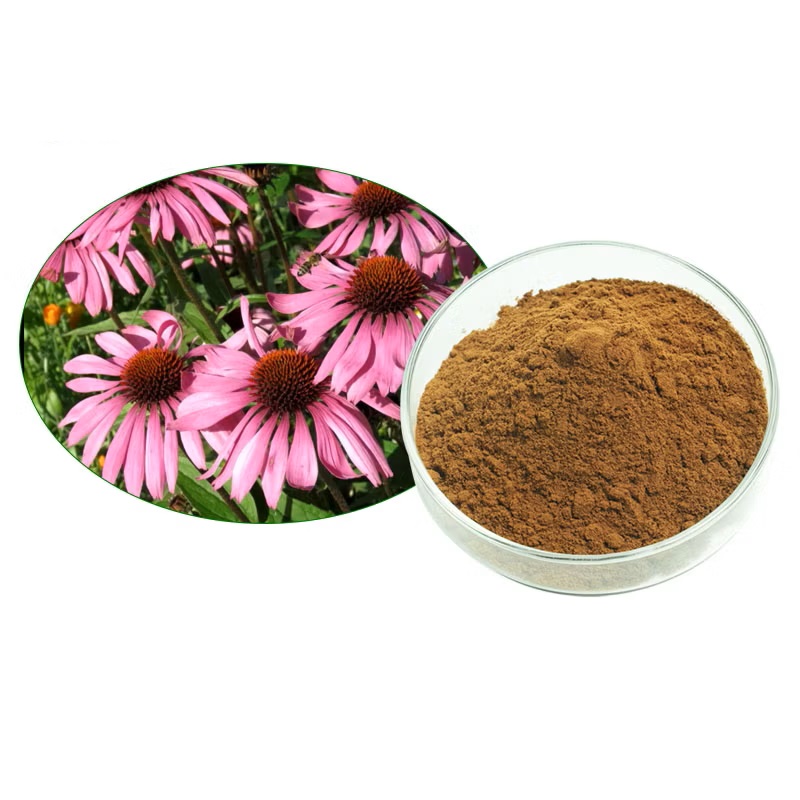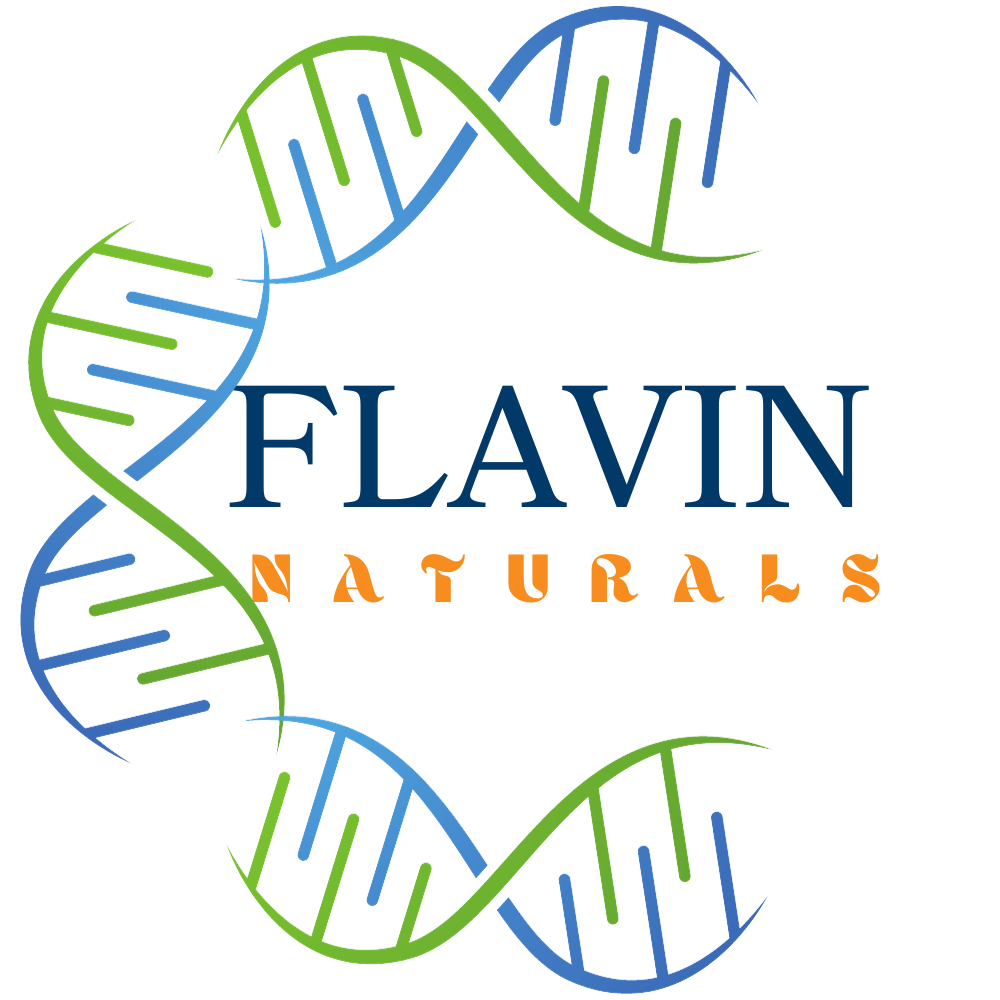Echinacea Angustifolia 4%
Product description
Echinacea angustifolia is one of the primary species of the Echinacea plant, commonly referred to as “coneflower.” It is widely used in herbal medicine and supplements, particularly for its potential immune-boosting properties. Echinacea angustifolia, along with other Echinacea species like Echinacea purpurea, is often used to support the body’s natural defenses and enhance immune system function.
Key Components of Echinacea Angustifolia Extract:
- Alkamides: These are bioactive compounds that contribute to the plant’s immune-boosting effects. Alkamides are believed to have anti-inflammatory and immune-modulating properties.
- Polysaccharides: These complex carbohydrates play a role in immune function, helping the body respond to infections.
- Flavonoids: Flavonoids are antioxidants that help protect cells from oxidative stress and may help reduce inflammation in the body.
- Caffeic Acid Derivatives: These compounds, including echinacoside and cichoric acid, contribute to the anti-inflammatory and immune-stimulating properties of Echinacea.
- Essential Oils: Echinacea contains volatile oils, which may contribute to its antimicrobial properties.
Importance and Benefits of Echinacea Angustifolia Extract:
Immune System Support: The primary reason Echinacea angustifolia is used as a supplement is for its ability to enhance the body’s immune response. Research suggests that Echinacea may stimulate the production of white blood cells, which are crucial for fighting infections. It is most commonly taken during cold and flu season to help prevent or reduce the severity of upper respiratory infections.
Cold and Flu Relief: Echinacea is widely recognized for its potential to reduce the duration and severity of cold symptoms. Studies have shown that taking Echinacea extract may shorten the length of a cold by up to 1–2 days and help alleviate symptoms such as sore throat, cough, and congestion.
Anti-inflammatory Effects: Echinacea has anti-inflammatory properties, which can help reduce inflammation in the body. This can be particularly useful for managing conditions like arthritis, where inflammation plays a central role in symptoms such as pain and swelling.
Antioxidant Protection: The flavonoids and caffeic acid derivatives in Echinacea have antioxidant properties, helping to neutralize free radicals in the body. This antioxidant effect may reduce oxidative stress, which is linked to aging, chronic diseases, and inflammation.
Skin Health: Echinacea is sometimes used in topical applications to help with skin issues like eczema, acne, and minor wounds. Its anti-inflammatory and antimicrobial properties make it useful in reducing irritation and supporting the skin’s healing process.
Anti-Microbial Effects: Echinacea has shown some antimicrobial activity, particularly against bacteria and viruses. This makes it a popular choice for combating respiratory infections and preventing the spread of harmful microorganisms in the body.
Mood and Stress Reduction: Some research suggests that Echinacea may help modulate the body’s stress response, potentially reducing anxiety and promoting a more balanced mood. This effect may be linked to its ability to support overall immune health and reduce inflammation, both of which are impacted by stress.
Support for Respiratory Health: Echinacea angustifolia is often used as a natural remedy for respiratory conditions such as asthma, bronchitis, and sinusitis. Its anti-inflammatory and immune-modulating effects may help ease inflammation in the airways and promote clearer breathing.
How to Take Echinacea Angustifolia Extract:
Echinacea extract is available in several forms, including capsules, tablets, tinctures, teas, and liquid extracts. The most common forms of supplementation are:
- Tinctures and Liquid Extracts: These are often taken in small doses, typically around 2–3 mL per day, diluted in water or juice.
- Capsules or Tablets: Standardized doses of Echinacea extract (usually 300–500 mg per dose) can be taken once or twice daily.
- Teas: Echinacea tea can be made from dried flowers or purchased as a ready-made product, often taken 1–3 times per day.
To achieve the best effects, it’s generally recommended to begin taking Echinacea at the first signs of illness or as a preventive measure during peak cold and flu seasons.
Safety and Precautions:
Echinacea is generally considered safe for most people when taken for short periods (up to 8 weeks). However, there are some important precautions to consider:
- Allergic Reactions: People who are allergic to plants in the Asteraceae family (such as ragweed, daisies, and chrysanthemums) may also be allergic to Echinacea and should avoid it.
- Autoimmune Conditions: Since Echinacea stimulates the immune system, individuals with autoimmune conditions (like lupus, multiple sclerosis, or rheumatoid arthritis) should avoid Echinacea unless advised otherwise by a healthcare provider, as it may exacerbate symptoms.
- Pregnancy and Breastfeeding: Echinacea should be used with caution during pregnancy and breastfeeding, as there is limited research on its safety in these contexts. It’s always best to consult with a healthcare professional.
- Medication Interactions: Echinacea can interact with certain medications, particularly immunosuppressants, as it stimulates the immune system. It may also affect the metabolism of other drugs, such as those for heart conditions and diabetes.


